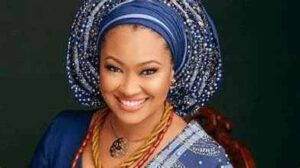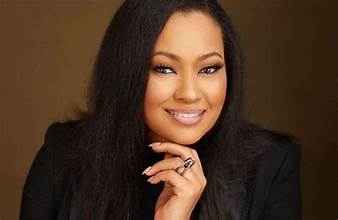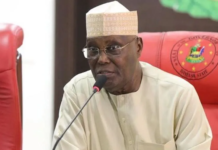Senator Natasha Akpoti-Uduaghan, representing Kogi Central in the National Assembly, has voiced her worries about the current state of political engagement in Nigeria, particularly with respect to its effects on women.
She remarked that the harsh realities of Nigerian politics have necessitated a hardened demeanor, a shift she continuously battles against.
Speaking at the ECOWAS Female Parliament Association’s spotlight initiative titled “Rethinking Women’s Proportional Representation in Governance: Case Study of Nigeria” on July 22, Akpoti-Uduaghan highlighted the substantial financial obstacles tied to political participation in the country.
She pointed out that these financial hurdles disproportionately affect women, as many men in Nigeria enjoy greater economic stability.
The senator explained, “Engaging in politics in Nigeria is perilous. As a woman, you cannot afford to be gentle. I genuinely wish the political landscape wasn’t so treacherous because it’s disheartening for a nurturing woman to become so hardened.”
“I’ve become so resilient that I seldom cry, unless deeply moved by certain experiences. This toughening is a lesson from violence, and I remind myself to resist letting my experiences alter my nature, as I don’t wish to resemble those who have wronged me.”
The Kogi lawmaker stressed the exorbitant costs associated with running for office in Nigeria, shedding light on her motivations for entering politics: to bring democratic gains to her constituents.
Reflecting on her political journey, she shared her conscious choice to dive into politics in 2018, the numerous challenges faced during campaigns, and her steadfast dedication to her community’s welfare.

Senator Akpoti-Uduaghan called for an electoral system that is less financially burdensome and expressed interest in the independent candidature model utilized in Liberia as a potential avenue for reform.
She also recounted the personal sacrifices she has endured for her political aspirations, including overcoming accidents and various physical hardships.
In her address, she brought attention to the struggles women encounter in Nigerian politics, such as the loss of dignity and cultural barriers they must navigate.
She urged male political figures to choose their words carefully regarding women in politics, advocating for support and encouragement instead of criticism.
To conclude her remarks, she advised women to carefully craft their political platforms and to temper their campaign promises, sharing insights from her own experiences and the toll they have taken on her well-being.
Additionally, she revealed her collaboration with Senator Ireti Kingibe to propose legislation aimed at achieving gender equity, specifically targeting the inclusion of 45% women in political representation.




